Millets can be a suitable addition to the diet for individuals with thyroid health concerns, but it's essential to be aware of certain factors. Millets, like other whole grains, contain compounds known as goitrogens, which can interfere with thyroid function when consumed in excess. Goitrogens can affect the uptake of iodine by the thyroid gland, potentially leading to goiter or other thyroid-related issues.
However, the goitrogenic effect of millets is generally mild, and their consumption is considered safe for most people when included as part of a well-balanced diet. Cooking or processing millets can also help reduce the goitrogenic compounds.
Furthermore, millets offer nutritional benefits that can be valuable for overall health, including thyroid health. They provide complex carbohydrates, fiber, vitamins, and minerals, contributing to a diverse and nutritious diet.
Table of Contents
Are Millets Safe For People With Thyroid?
In general, millets are considered safe for people with thyroid conditions when consumed as part of a well-balanced diet. However, it's important to be mindful of certain considerations related to thyroid health.
Millets, like many other whole grains, contain compounds called goitrogens. Goitrogens have the potential to interfere with thyroid function by affecting the uptake of iodine, a crucial mineral for thyroid hormone synthesis. However, the goitrogenic effects of millets are generally mild, and their impact can be reduced through cooking or processing.
What Makes Millets Beneficial For People With Thyroid?
Millets can be included in the diet of individuals with thyroid concerns, and they may offer some benefits while considering certain factors related to thyroid health:
- Nutrient Density: Millets are rich in essential nutrients, including B vitamins, iron, magnesium, and dietary fiber. These nutrients play important roles in supporting overall health, which is particularly beneficial for individuals with thyroid conditions.
- Low Glycemic Index: Millets generally have a low glycemic index, meaning they have a slower impact on blood sugar levels. This can be advantageous for individuals with thyroid issues, as it helps maintain stable energy levels and supports better blood sugar control.
- Dietary Fiber: The dietary fiber in millets can aid in digestion and may contribute to better gut health. A healthy gut is increasingly recognized as important for overall well-being, including thyroid health.
- Moderate in Goitrogens: Millets, like many whole grains, contain goitrogens, compounds that can interfere with thyroid function. However, the goitrogenic effects of millets are generally mild, and cooking or processing can help reduce these compounds.
- Gluten-Free Options: Some millets, such as sorghum and finger millet (ragi), are naturally gluten-free. This can be beneficial for individuals with thyroid conditions who may also have gluten sensitivities.
Things To Keep In Mind While Consuming Millets:
If you have a thyroid condition, here are some considerations when including millets in your diet:
- Diversity of Grains: It's advisable to include a variety of grains in your diet rather than relying heavily on a single type. This helps minimize the potential impact of goitrogens from any one source.
- Cooking Methods: Cooking or processing millets can help reduce the goitrogenic compounds, making them safer for consumption.
- Iodine Intake: Ensure an adequate intake of iodine, as goitrogens can interfere with iodine uptake. Iodine is crucial for the synthesis of thyroid hormones. Include iodine-rich foods in your diet, such as iodized salt, seafood, and dairy products.
- Consultation with Healthcare Professionals: If you have specific concerns about your thyroid health, it's advisable to consult with your healthcare provider or a registered dietitian. They can provide personalized advice based on your individual health status and dietary requirements.
Conclusion:
Individual responses to dietary factors can vary, and what works for one person may differ for another. Monitoring thyroid hormone levels and collaborating with healthcare professionals can help ensure that your dietary choices align with your overall health goals and thyroid management. Thus, while millets can be part of a thyroid-friendly diet, it's crucial for individuals with thyroid issues to maintain a well-balanced and varied diet that meets their specific nutritional needs.

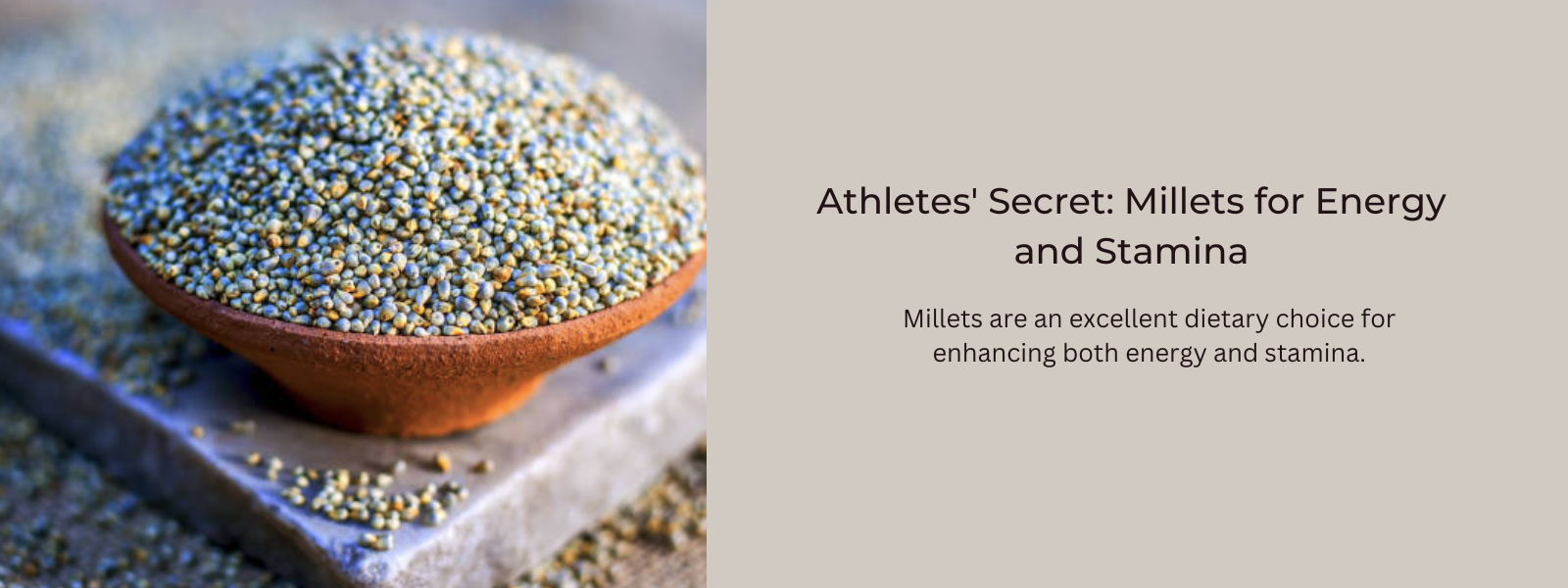
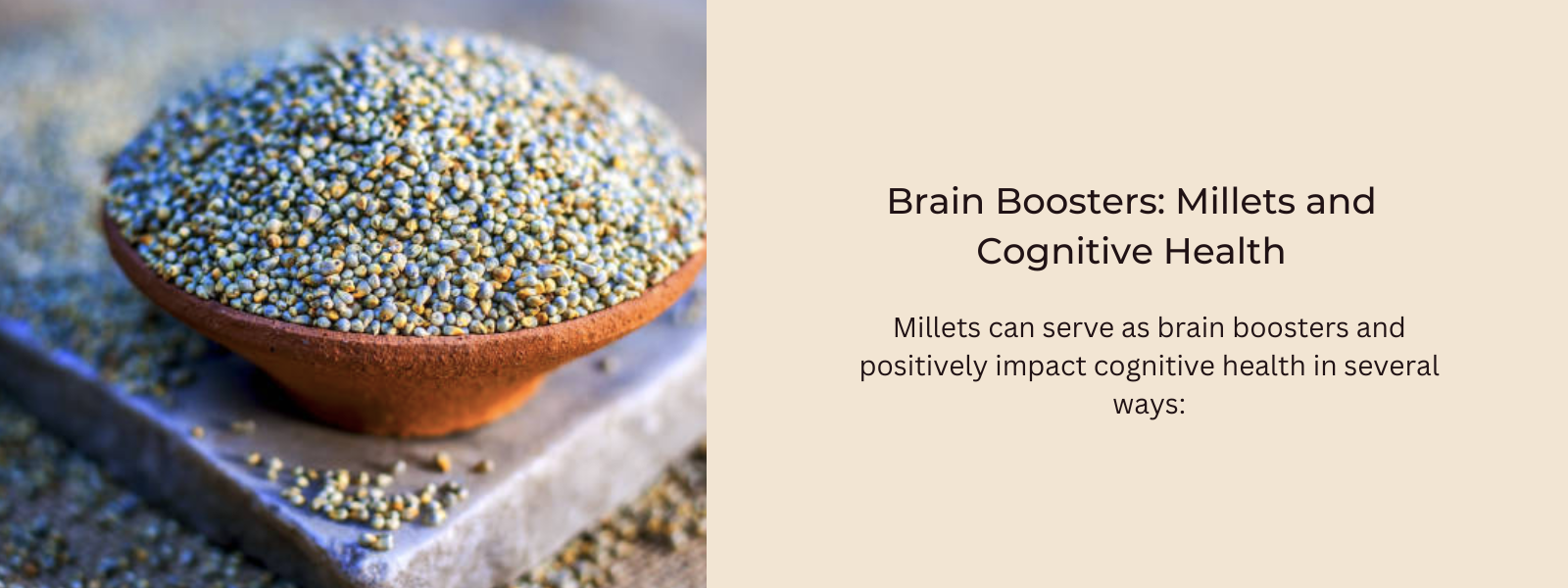
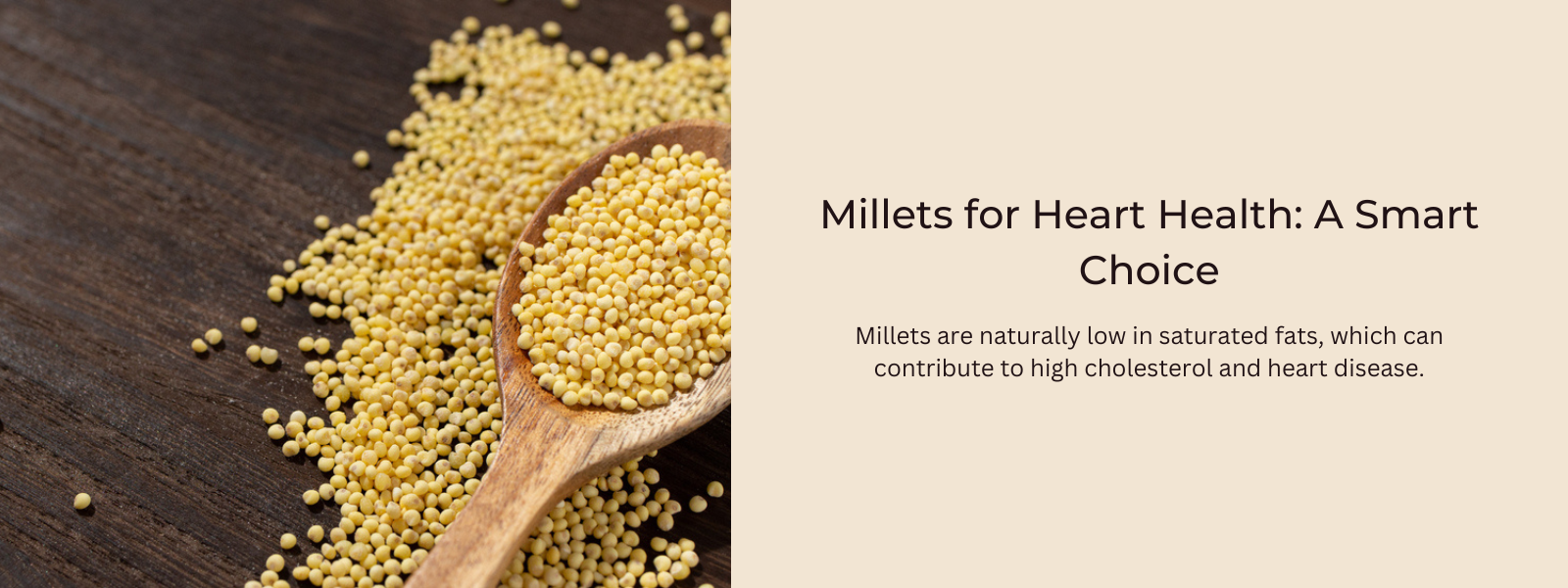
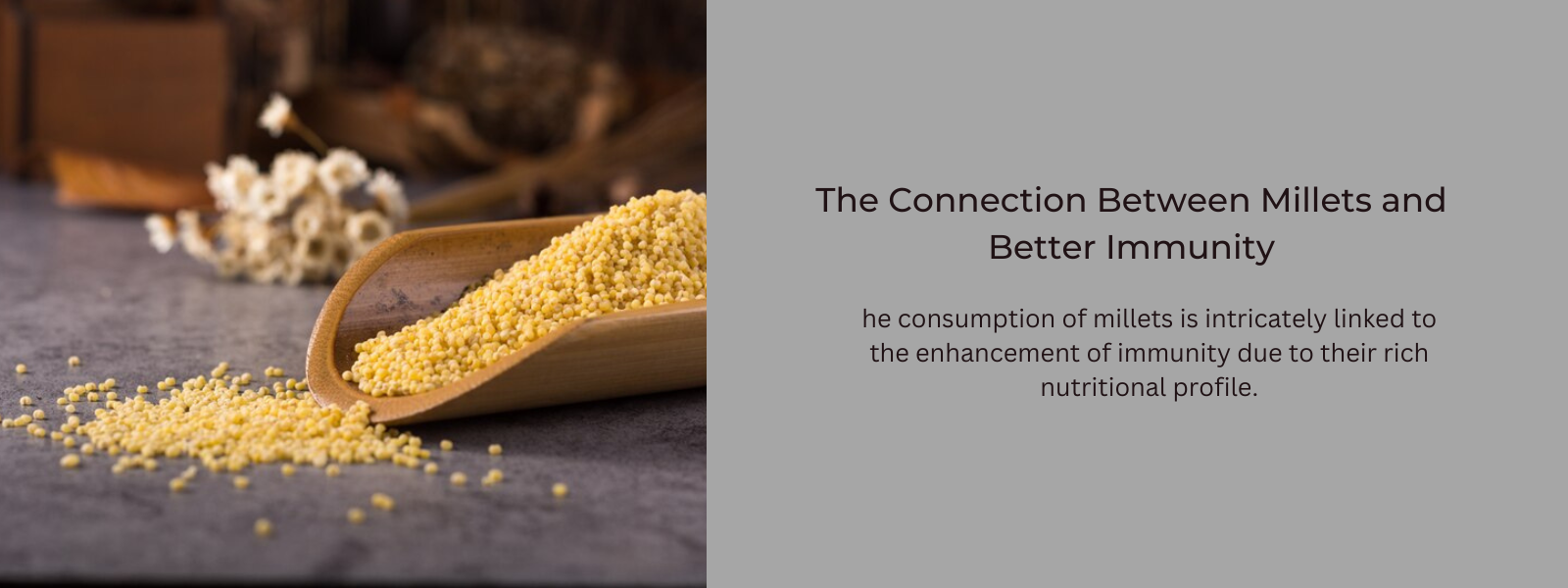
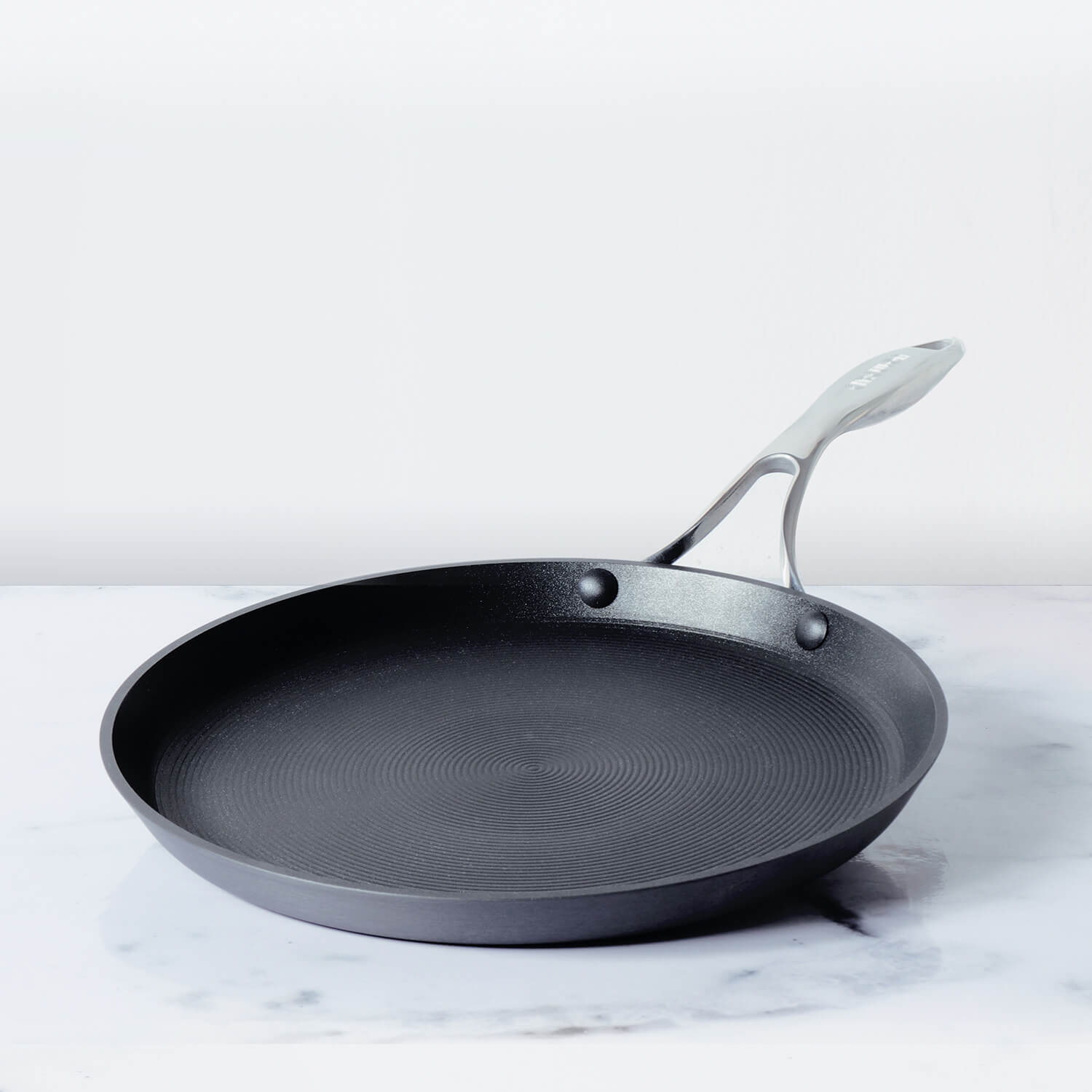
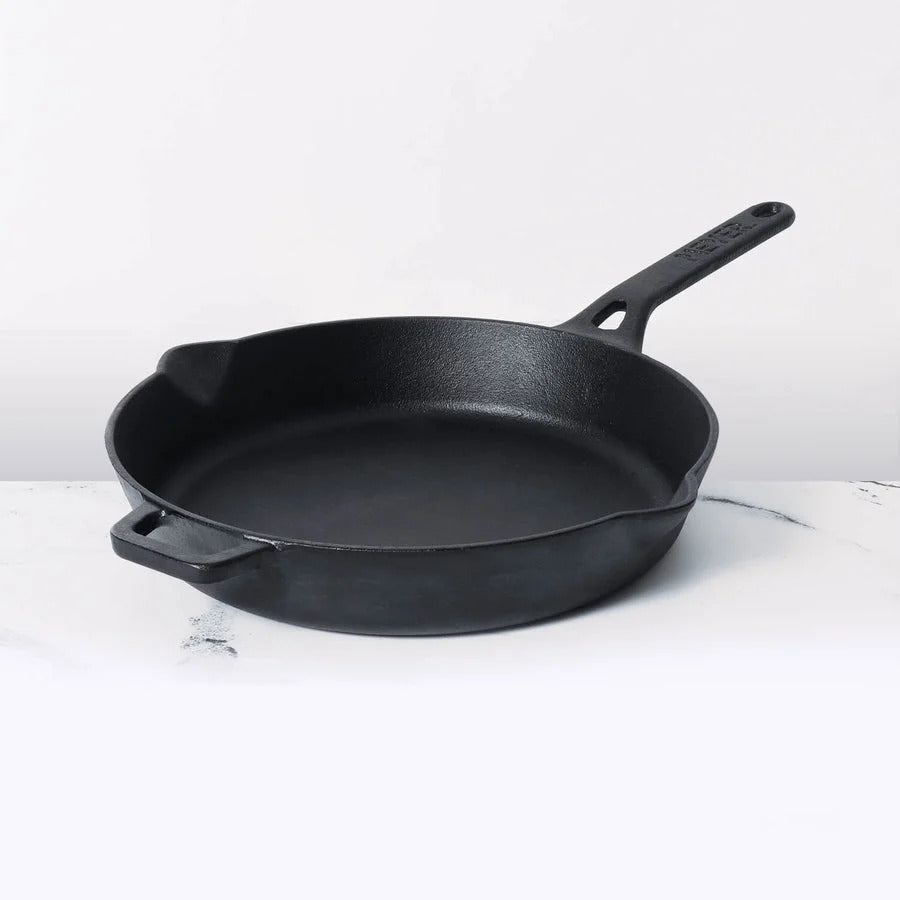




Leave a comment